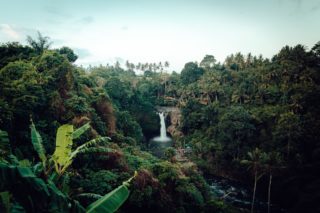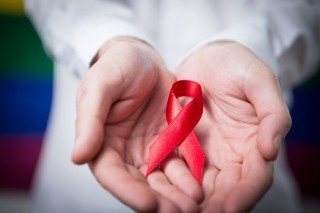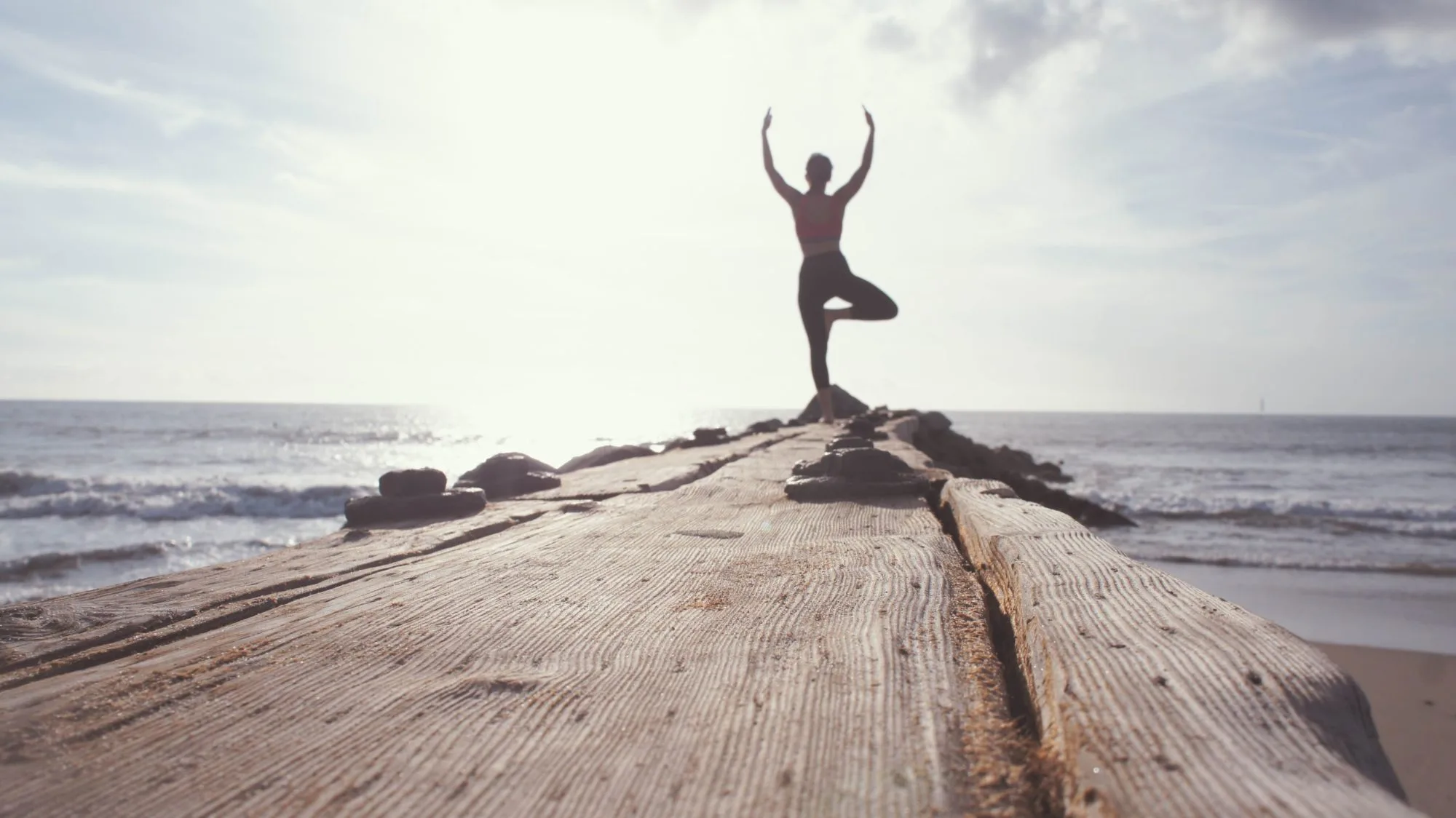As the year comes to an end, it’s always important to reflect. Now it can be easy to focus on the less positive aspects of the year. However, it’s also great to look at the other various advances that we’ve made in the past year, especially in terms of health and wellness.
That said, here are my favorite stories from the past year. They have displayed advancements in health. They’ve also prioritized health and wellness for the population at large.
Top 2019 Health Stories
1. Amazon Tribe, Waorani, wins legal case preventing oil drilling in Amazon rainforest
In June of this year, the Waorani tribe, a native Amerindian tribe found in the Amazonian Region of Ecuador, won a landmark court case protecting their territory from oil drilling. Furthermore, following the Ecuadorian Government’s decision to appeal the court’s decision, the Waorani tribe won the appeal in July. In fact, the decision by the court indefinitely suspended the auctioning of their lands to oil companies. This then protected over seven million acres of indigenous territory.
Why does this matter?

Unfortunately, oil drilling in the Amazonian Rainforest is a massive environmental and health threat. In addition to the added risk of deforestation, degradation, and environmental devastation, oil drilling has also led to the release of toxic by-products which have jeopardized the health of Amazonian tribes as well as the aquatic eco-system (1).
That said, the landmark ruling by the court showcases the need and desire to protect environmental landmarks against industrial exploitation.
2. Banana leaves are the new plastic
The plastic crisis continues to be a global, environmental threat. However, various countries are doing their part to address this environmental crisis.
A supermarket in Chiang Mai, Thailand, Rimping, went viral earlier this year when it was revealed they were wrapping and securing their products in banana leaves, as opposed to using plastic bags. Additionally, in order to secure the leaves in place, the supermarket uses bamboo twist ties.
Why does this matter?
According to the United Nations Environment Programme, there will be 12 billion tons of plastic in landfills, the environment, and oceans by 2050, with plastic grocery bags being one of the biggest contributors.
Luckily, the use of banana leaves may help to address this epidemic. For one, bananas grow year-round in Thailand, and of course, the leaves are a by-product that is regularly discarded. What’s more, both the leaves and bamboo twist ties are biodegradable.
3. Advancements in finding a cure for HIV
Earlier this year, a London patient who was currently undergoing treatment for cancer was found to be in HIV remission.
 The male patient, who prefers to remain anonymous, was diagnosed with HIV in 2003, and advanced Hodgkin’s lymphoma in 2012. Whilst undergoing chemotherapy to treat Hodgkin’s cancer, stem cells were also implanted into the patient from a donor resistant to HIV.
The male patient, who prefers to remain anonymous, was diagnosed with HIV in 2003, and advanced Hodgkin’s lymphoma in 2012. Whilst undergoing chemotherapy to treat Hodgkin’s cancer, stem cells were also implanted into the patient from a donor resistant to HIV.
A very small number of people have two mutated copies of the CCR5 receptor gene. This gene is impregnable by HIV. As a result of the London patient receiving stem cells from a donor with this specific genetic mutation, it later made him resistant to HIV as well. As a result of this process, both his cancer and HIV went into remission.
Why is this important?
Currently, over 37 million people across the world are living with HIV. Now while these latest findings are exciting, it’s important not to consider this advancement as a cure because, at the end of the day, the intention was to cure cancer, not HIV.
Instead, these findings could help show experts new ways to address the disease and increase the chances of finding and achieving a cure.
4. Rome converts plastic bottles into metro tickets
Plastic waste is a serious problem, ladies and gentlemen. Don’t believe me? Well, earlier this year Rome suffered a serious waste emergency, with its landfill site and two of its treatment plants closed, resulting in rubbish piling up on the street. Additionally, Italians have been found to drink more bottled water than any other European nation.
Thus, in an effort to combat this growing crisis, the European city decided to create a recycling program, which exchanged plastic water bottles for public transportation tickets.
How does it work?
Italian commuters bring their plastic bottles to three metro stations, where they get to earn credits for free tickets. Citizens will be able to get €0.05 off of their tickets, with 30 bottles equating to one ticket, which will be received on their phones through an app. The ticket will be good for 100 minutes once validated on a bus or metro.
Since July, around 350,000 bottles have been recycled.
5. South Korea hosts the best dance parties for the elderly
Seoul, North Korea have become home to daytime dance parties attended by senior citizens in an effort to curb loneliness and dementia rates in a country that has the fastest aging population of any developed nation in the world.
Why does this matter?
Loneliness has been linked to hypertension, as well as heart disease. Additionally, research published in the journal Perspectives on Psychological Science found that loneliness can increase one’s risk of mortality by over 25%.
That said, as humans are social animals, dance parties are available in Seoul to serve to provide older adults with the opportunity to build social bonds.
 According to research from Colorado State University, dancing was also found to ward off the onset of dementia. What’s more, older adults who already have dementia were found to experience significant improvements in their quality of life following their dancing sessions (2).
According to research from Colorado State University, dancing was also found to ward off the onset of dementia. What’s more, older adults who already have dementia were found to experience significant improvements in their quality of life following their dancing sessions (2).
6. Nigeria finds new ways to pay for school fees
Nigeria has one of the highest poverty rates in the world, and it also has the highest rate of out-of-school children in the world – with around 10.5 million children currently not in school. Additionally, the country also generates high levels of plastic waste. That said, there have been initiatives to help address both of these troubling predicaments.
A school in Lagos, Nigeria is now accepting empty plastic bottles from parents in exchange for their children’s school fees. Known as the Recycle Pay project and created by the organizations African Clean Up Initiative and WeCyclers, and partnered with the Morit International School.
How does it work?
The parents take a bag of plastic waste to a facility where it was weighed and translated it into a monetary value before being deducted from the owed school fees. Following the bottle collection, WeCyclers then sorts and compresses the bottles, ensuring that they are converted into reusable materials.
So far, the project has run in five schools in Lagos and has reached more than 1,000 school children.
References
Holt-Lunstad, Julianne & Smith, Timothy & Baker, Mark & Harris, Tyler & Stephenson, David. (2015). Loneliness and Social Isolation as Risk Factors for Mortality: A Meta-Analytic Review. Perspectives on Psychological Science. 10. 227-237. 10.1177/1745691614568352.
Choo, Ting & Barak, Yoram & East, Ali. (2019). The Effects of Intuitive Movement Reembodiment on the Quality of Life of Older Adults With Dementia: A Pilot Study. American Journal of Alzheimer s Disease and Other Dementias. 153331751986033. 10.1177/1533317519860331.
https://m.phys.org/news/2014-06-western-amazon-threat-oil-pollution.html
Study: Dancing may offset some effects of aging in the brain





![women [longevity live]](https://longevitylive.com/wp-content/uploads/2020/01/photo-of-women-walking-down-the-street-1116984-100x100.jpg)









